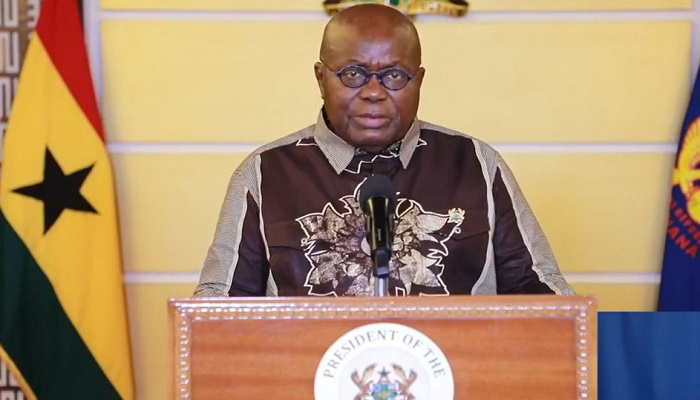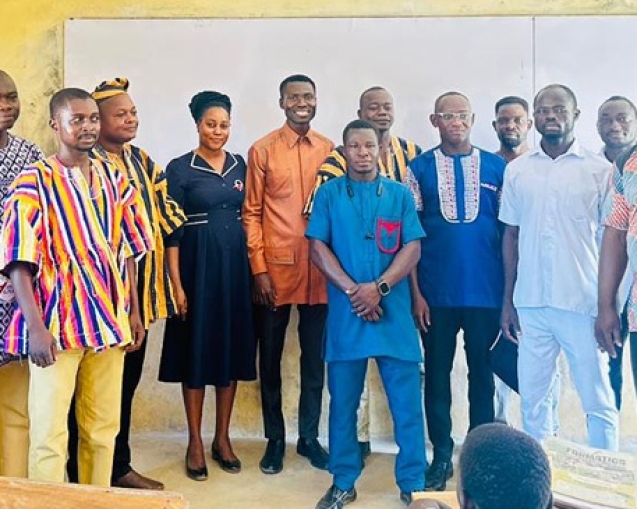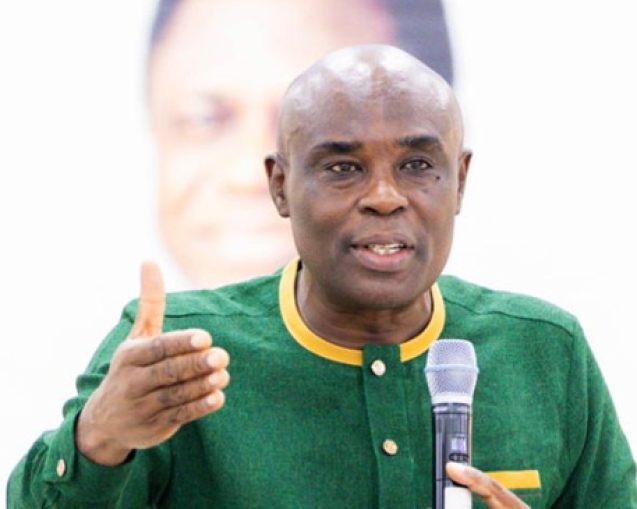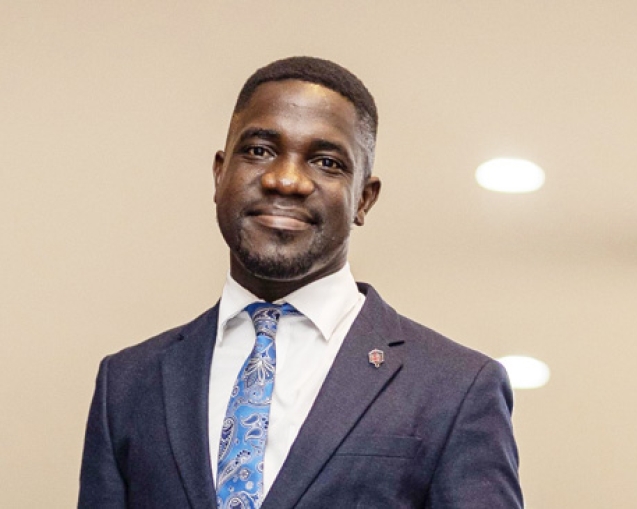President Nana Addo Dankwa Akufo-Addo has announced a phased easing of COVID-19 restrictions, beginning June 5, 2020.
At his 10th update on Ghana’s enhanced response to the coronavirus pandemic last night, he mentioned schools, churches, mosques, funerals, conferences, workshops, weddings, and political activities, except rallies, as the areas that would benefit from the “strategic, controlled, progressive, safe easing of restrictions.”
He said the decision was taken based on stakeholder consultations over the last few weeks with entities in the health, labour, religious, chieftaincy, educational, hospitality, transport, sports, tourism and creative arts sectors.
Schools reopen
President Akufo-Addo said schools and universities were to reopen beginning June 15, 2020, to allow for final-year junior high, senior high and university students to resume classes ahead of the conduct of their respective exit examinations.
“Indeed, final year university students are to report to their universities on June 15; final year senior high school (SHS 3) students, together with SHS 2 Gold Track students, on June 22; and final year junior high school (JHS 3) students on June 29. JHS 3 classes will comprise a maximum of 30 students; SHS classes a maximum of 25 students; and University lectures will take place with half the class sizes.
Furthermore, he said all final year students of educational and training institutions, which were being managed by ministries other than the Education Ministry, were to return to school on June 15 to complete their exit examinations.
Besides, he said, prior to the opening of schools and universities, the Ministry of Education and the heads of public and private educational institutions were to fumigate and disinfect their institutions.
“Each student, teacher, and non-teaching staff will be provided with re-usable face masks by the Ministry of Education. For the avoidance of doubt, all other educational facilities, private and public, for non-final year students, will remain closed. The Minister of Education, in the coming days, will outline, in detail, the specific guidelines for the safe reopening of our schools and universities,” the President added.
Religious activities
Religious activities, the President said, would commence in stages with stage one starting on Friday, June, 5 with Muslims.
With regard to Christians, church activities will start on Saturday, June 6, with the Adventists and for other Christian groups on Sunday, June 7.
“An abridged format for religious services can commence. Twenty-five per cent attendance, with a maximum number of 100 congregants, can worship at a time in church or at the mosque, with a mandatory one metre rule of social distancing between congregants.
“In addition to the mandatory wearing of masks for all persons at all times in churches and mosques, a register of names and contact details of all worshippers and handwashing facilities and sanitisers must be provided, with a maximum duration of one hour for each service, “ he directed.
Furthermore, the President indicated that religious institutions that desired to open their premises to their members, such as churches, mosques and others, must disinfect, fumigate and put in place the requisite logistics needed to guarantee safe opening and operation.
President Akufo-Addo added that the Minister of Religious Affairs, will, today, Monday, June 1, outline, in detail, the specific guidelines for the safe reopening of the churches and mosques.
Limited political activity
President Akufo-Addo said now political activities with the exception of rallies, as well as conferences, weddings and private burials with a maximum of 100 people and individual non-contact sports could now go ahead.
Also, restaurants providing seated services could also operate.
All these events will, however, be required to observe the appropriate social distancing and preventive protocols.
EC, NCCE activities
Additionally, President Akufo-Addo said the constitutional and statutory bodies such as the Electoral Commission (EC), the National Commission for Civic Education (NCCE) and the National Identification Authority (NIA), whose activities were exempted from the outset from the restrictions, must conduct their activities in accordance with social distancing and the necessary hygiene and safety protocols.
Furthermore, market places, workplaces and public transport operators are expected to adhere to the existing safety protocols.
Borders remain closed
While schools and churches are to reopen partially, the country’s borders remain closed till July 31.
“Our border, by air, land and sea remains closed until further notice for human traffic,” the President stressed.
He said, however, that special dispensation was going to be given for the evacuation of Ghanaian residents stranded abroad back to Ghana.
On their arrival though, all people returning would be mandatorily quarantined and the safety protocols of testing would be effected.
Still no mass gatherings
Also, the President said given that there existed the possibility of a potential surge in infections, all mass public and social gatherings and congregation remained closed till July 31.
Thus, all sporting events, nightclubs, cinemas, drinking spots, bars, beaches, festivals, funerals, political rallies and large religious gatherings such as crusades, pilgrimages and conventions remain suspended.
“I have, by Executive Instrument, provided for these new directions, and extended the suspension of the remaining public gatherings, as set out in E.I. 64 of March 15, until July 31.
“In here, I refer to the suspension of sporting events, nightclubs, cinemas, drinking spots, bars, beaches, festivals, funerals, political rallies, and large religious gatherings such as crusades, pilgrimages and conventions”
Responsibility
President Akufo-Addo stressed that the easing of the restrictions came with a weight of expectation that people would act responsibly.
“The introduction of this phased opening up of our country means that each and every one of us must continue to remain vigilant and respect the enhanced hygiene and social distancing protocols that have become part and parcel of our daily routine over the last three months. We cannot afford to let our guard down, and ruin the successes we have chalked over this period,” he emphasised.
Source: Graphic.com.gh


















